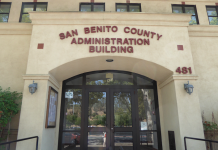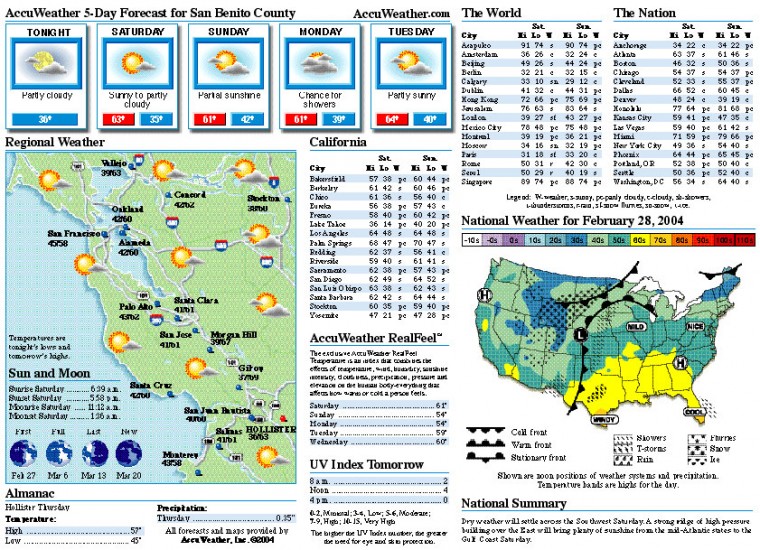Always a reason to celebrate
There are holidays, and then there are holidays. Everyone, I
think, can agree that Christmas is an actual official holiday,
recognized by the state, federal government and the public at
large. The same goes for New Year’s Day, Presidents Day, Memorial
Day and so forth.
But then there are these odd things that are quasi-holidays,
like St. Patrick’s Day. No one actually gets the day off for them
(at least no one that I know). No schools close. Garbage pickup is
as usual.
Always a reason to celebrate
There are holidays, and then there are holidays. Everyone, I think, can agree that Christmas is an actual official holiday, recognized by the state, federal government and the public at large. The same goes for New Year’s Day, Presidents Day, Memorial Day and so forth.
But then there are these odd things that are quasi-holidays, like St. Patrick’s Day. No one actually gets the day off for them (at least no one that I know). No schools close. Garbage pickup is as usual.
And yet we do think of them as being holidays, even though they’re really not.
There is yet another category of such days, weeks and months, which is “holidays that really aren’t, but some public relations firm decided that they are.”
These are things with special designations, such as National Salad Month — coming up in May – and National Breast Cancer Awareness Month, which is in October.
There’s also Ride to Work Day, promoting bicycle riding (June 20), Grandparents Day (Sept. 11) and World Braille Day (Jan. 4), just to name a few.
Not that there’s anything wrong with such designations when they promote some good cause or another. But as a journalist, you tend to get overwhelmed with emails about promoting this day or that day, this month or that month, or what have you.
A friend of mine was asking me recently, though, about things like St. Patrick’s Day and April Fools Day. Where in the spectrum of holidays do these fall?
After all, everyone knows about them, and many of us do observe them out of some sense of long-standing tradition. But the first doesn’t have much of a following on the West Coast, other than school children coloring paper shamrocks, and the second is literally a big joke.
St. Patrick’s Day, I’m afraid, doesn’t get a whole lot of respect in California. In fact, I recently had to explain to my son exactly what it was all about.
“Well, there was this guy named Patrick who drove all the snakes out of Ireland and they made him a saint,” I said. “And we eat corned beef and cabbage to celebrate. Some people drink green beer.”
That was as much as I knew. For the rest, I had to resort to Wikipedia.
So of course, as all good Catholics know, St. Patrick’s Day did start as a religious holiday to remember the good deeds of St. Patrick. It is the feast day of the Irish saint and has been so since the 17th century. St. Patrick himself lived much earlier than that, since he was born in the fourth century A.D.
But somehow, over the years, the day has become an excuse for parades, especially back East, where St. Patrick’s Day is more like an actual holiday.
Mostly what I recall from my muddled childhood is that you must wear some speck of green that day or people were allowed to pinch you if you didn’t. My mother always made corned beef and cabbage. I haven’t been tempted to follow that tradition.
St. Patrick’s Day has come and gone for 2011, and I did not get pinched, thank you very much.
And of course, then it’s on to April Fools Day, where people figure out how to prank you, something I almost fell for last year when my older son told me he was getting married. Well, I believed it for about five seconds and then remembered what day it was.
Then there are other fun days, weeks and months on the calendar to come.
Let me be the first to wish you a happy National Salad Month, a little bit early. What the heck – it’s a holiday for somebody.







